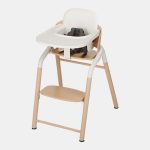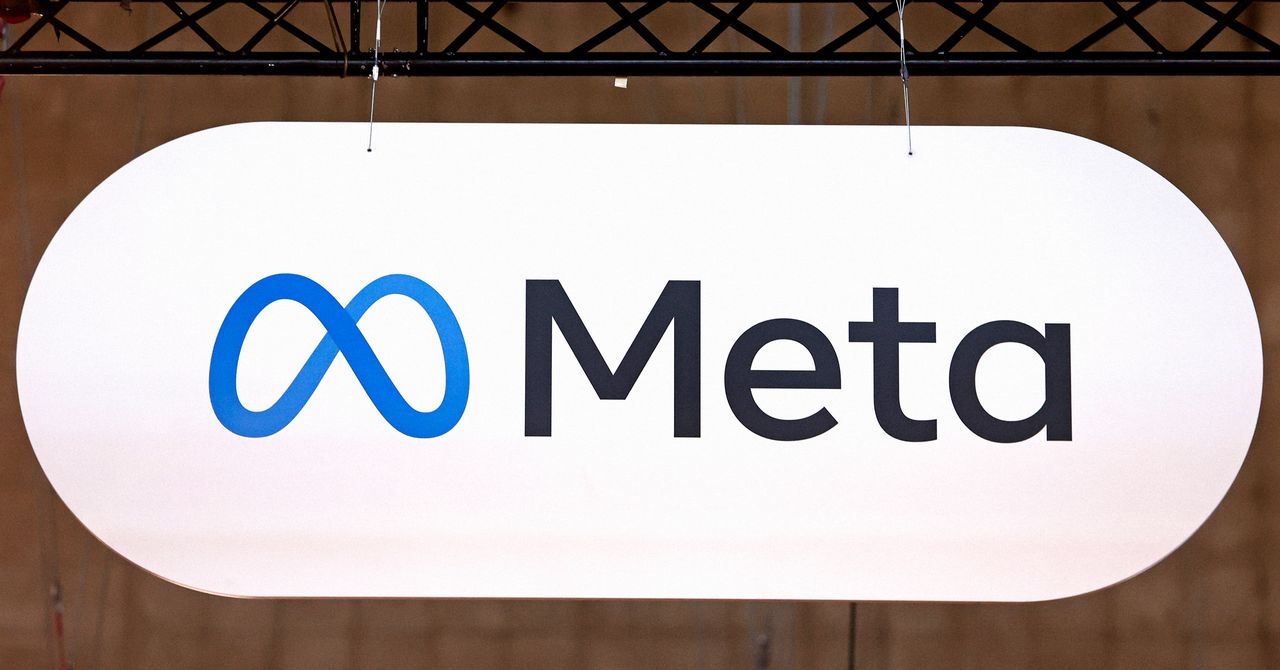
Whitehurst also notes that if you qualify for the full rebate, you could effectively get one of the top-rated electric ranges from CR’s tests for just a couple hundred dollars—or even less.
Irene Nielson, director of implementation for the Natural Resources Defense Council’s Buildings program (NRDC), says her organization was “really happy to see electrification called out specifically for rebates.” Gas-burning appliances, including ranges and cooktops, release methane gas into the environment, and according to the NRDC’s estimations, the emissions they produce annually in the United States are roughly equal to the climate impact of tailpipe emissions of 500,000 cars.
While buying new electric appliances may not seem impressive compared with the environmental benefits of buying an electric vehicle, every bit counts: Replacing gas ranges with electrics provides an opportunity to cut those emissions, especially as the legislation also includes programs to ensure that an ever-larger share of electricity in the United States comes from renewable energy, like solar and wind.
While the exact terms of the rebates for electric appliances will be decided at the state level, the Inflation Reduction Act does provide a rough framework.
The legislation includes $4.5 billion in funding for states to provide rebates for the purchase of new electric appliances, including ranges, cooktops, and wall ovens. The Department of Energy will allocate funds to individual states, and each state will choose how to use those funds, sticking to the parameters set forth for income requirements and caps on individual rebates.
You could receive, for example, a rebate of up to $840 on a new electric cooking appliance and up to an additional $500 to help cover the costs of converting from natural gas or propane to electric. If you need to upgrade your home’s electrical panel in order to accommodate an electric range (or any other electric appliance upgrade covered by the Inflation Reduction Act, such as certain electric heat pumps or electric-heat-pump clothes dryers), you could get a tax credit of up to $4,000 for that expense as well.









